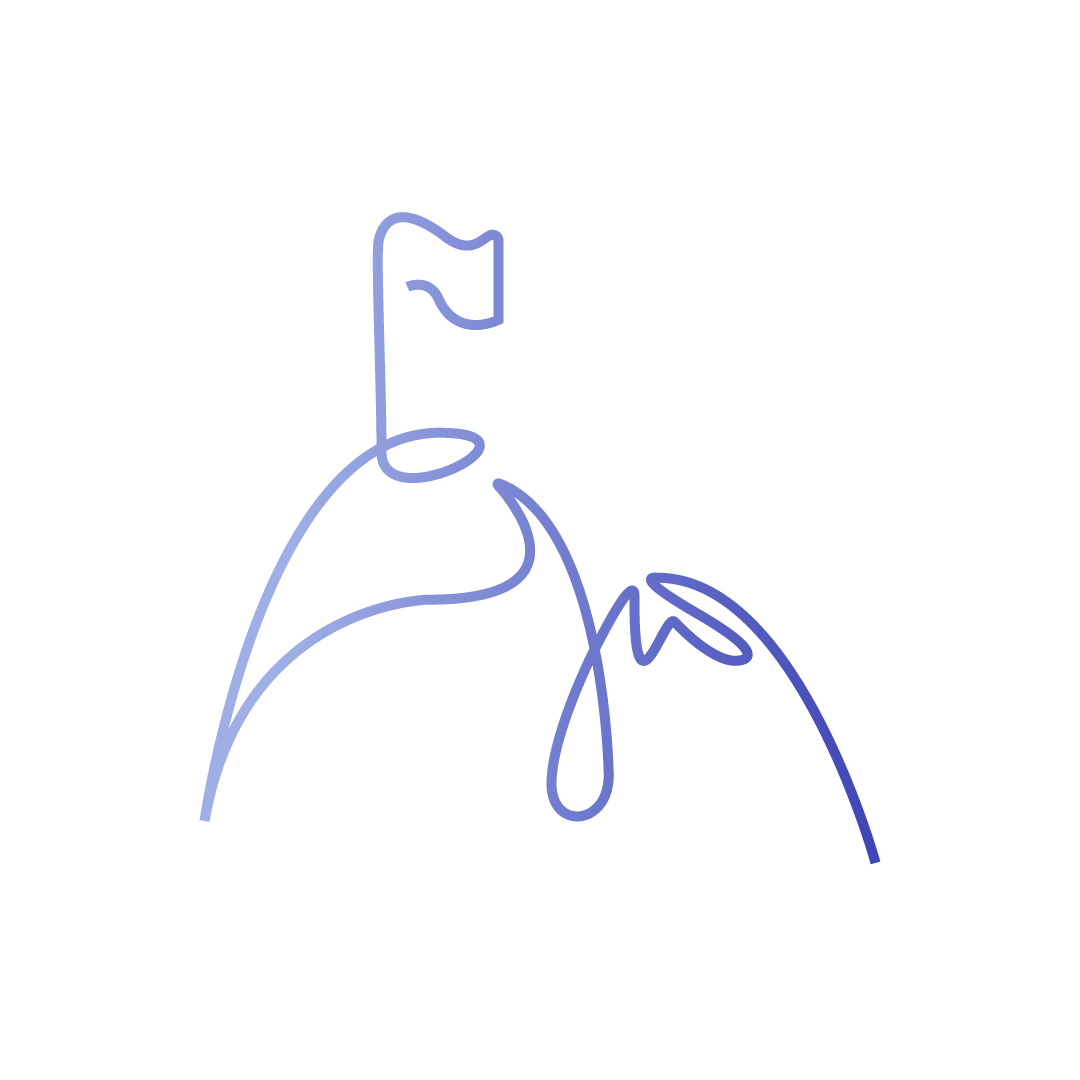Youth in the NPA – Make your voice heard!
Giving young people more responsibility is giving them a choice about their future.

On 9th November, participants from across Norway, Ireland, Finland, Greenland, Sweden, Iceland, and Faroe Islands met in Bodø, in Northern Norway, at the YOUTH IN THE NPA Conference.
What immediately caught the eye was that nearly half of the participants were young people between 10 and 35 years old who came to share their ideas how remote places can become more attractive for future generations, and voice how they wish to be included in co-creating a greener, more digital, and inclusive future.
The energy, enthusiasm, positiveness, curiosity, and openness that young people brought with them were felt throughout the day.
The conference opened with welcoming remarks from Ms Kari-Anne Bøkestad Andreassen, Mayor of Nordland County and Ms Biliana Sirakova, EU Youth Coordinator at the European Commission. In their speeches, both acknowledged the importance of including young people in the decisions that affect their future (and present) and encouraged organisations and decision-makers to have a good communication with young people, to create the right networks and platforms, to give them a voice.
Picturing life in remote areas
Who else could better present the life of young people in the northern periphery other than young people themselves?
Five young speakers from Sweden, Norway, Ireland, and Faroe Islands shared how it is to be young and live in remote areas. Although coming from different regions, they all concluded that young people want more meeting places, cultural activities all year round, workplaces, affordable housing, meaningful after-school activities, better public transport connections, and more responsibilities in developing Europe´s peripheral and Arctic regions. Ms Kristine Flem Willassen is 17 years old and a member of UNG2024 (the youth project of Bodø2024 Capital of Culture) Her opinion is clear: “Give them (young people) responsibility, it is not a bad thing. When we have it in our hands we understand how important it is. Youth needs to get the responsibility to make something, if you don’t give it to them they will be quiet”. And the consequences of a silent or unheard youth were voiced by Ms Aisling Maloney, a Student Activist from Ireland “When young people move away from rural areas, they are leaving behind their culture and heritage. I don’t want to leave anything behind, but if nothing is changed, I might be left without a choice in the end.”

The Green Shift, turning climate and environmental challenges into opportunities
Ms Kjersti Bjørnstad, State Secretary at the Ministry of Local Government and Regional development in Norway, explained that northern Norway is seen as the centre for the green transition. Interreg programmes like the NPA can help with this green shift and implement Arctic policy on the ground. She also announced a white paper on rural policy to be launched in the spring of 2023, in which young people were also heard.
County Mayor Ms Kari Anne Bøkestad Andreassen explained that many green industries were settling in Nordland, such as a battery factory, hydrogen plants, and a green steel plant. This required not only a work force but also jobs for partners, schools, and housing. The local communities were involved in thinking about how to organise this in the best way.
When transitioning to a greener technology, people whose lives are affected by the change must be offered new possibilities and trainings to adapt to the new conditions. “We know what climate change is, but what is climate justice? As we shift to a more green economy, climate justice is to ensure that no-one is left behind while this happens”, explains Ms Eimear Manning, Climate Justice Development Officer at the National Youth Council of Ireland. Ms Manning presented two practical youth - produced tools “How to create change at local level” and a “Climate Justice Charter”. She also underlined that policy makers should open their doors to young people, and she advocated for youth-proofing policies, and youth-led spaces.
Prof. Ari Pappinen, professor at the Faculty of Science and Forestry at the University of Eastern Finland turned the discussion towards the role of older generations: “The younger generations feel that it is not fair to ask them to solve the problems that we (older generation) have caused. We should start the work on solving these issues and show the way, and then younger generation can continue, and take their own way, but we should at least start it.” Professor Pappinen emphasized that the only way to tackle climate change is to replace fossil fuels with other energy sources and use biomass for sustainable materials. To become successful at replacing fossil fuels it is necessary to rethink production, thus new skills and jobs in e.g. planning, manufacturing, carbon footprint calculations are needed “we cannot expect forests to offset mankind carbon emissions”.

An open space dialogue across generations
Taking the moves from the concepts of ecological economics repositioning ecology at the core instead of economy, Prof. Ove Jacobsen guided participants to think out of box, challenge well-established concepts and be inspired by indigenous cultures, when working together to find solutions to common challenges.
In an open space dialogue workshop participants could propose what issue they wanted to discuss, and organise themselves in groups, working on different solutions, such as how to involve young people in NPA projects, or in the NPA Monitoring Committee, how to improve accessibility and local decision making, how to connect young people across the NPA to find solutions for how to make the area attractive for young people, and how to use gaming as a method.

Young people´s voices must be heard
The last Conference session looked at youth inclusive decision-making. Three speakers shared good examples.
Mr Vegard Sem, Leader of Trøndelag Youth Council, made it clear that the health of democracies relies on youth inclusion especially on matters of climate change. But young people voices remain unheard if there are no “grown-ups” listening. Vegard is of the opinion that “the only way to show that you care about what young people say, is to legally mandate them to be heard - to listen to youth councils and to teach in school about the existence of such youth representative bodies”.
NAKUUSA “Let’s be strong” is UNICEF’s Greenland project gathering the voices of young Greenlanders to their policy makers. Ms Aviaaja Helene Barlach Pregaard explained that through youth councils, young Greenlanders are expressing very concrete requests such as having a place to be heard, social workers in every primary school, shelters for young people in the cities, raising awareness about recycling and using more local products. The main challenge was to reach those children that are not already very capable and eloquent in the process, and a special tool was set up to reach them.
Finally, Ms Ether Jónsdóttir presented SOLIN by the Icelandic Youth Environmentalist Association which is a scale system measuring how much political parties care about climate change, nature protection, and circular economy. SOLIN’s initiative had a real impact on the political life in Iceland and received large media coverage. In the future it will keep monitoring how parties follow up on their promises in view of 2025 elections.
“I enjoyed young people speaking together. It was great to show our thoughts to people who are not young anymore." Esther Jónsdóttir

At YOUTH IN THE NPA participants listened to young people´s wishes and visions for their home regions. Young people exchanged ideas and recommendations how to start youth groups and councils in view of making their voices heard by the decision-makers. All participants brainstormed together on the concrete challenges of raising the voice of young people. Problems, fears, ideas, and good advice from all age groups were voiced and heard.
Watch the conference recordings here.
The Interreg Northern Periphery and Arctic Programme is very grateful to all speakers and participants for the inspiring and insightful exchanges. We hope this event sparked not only new project ideas, but also new ways of working that will make cooperation in the NPA younger and the voice of young people heard. On its side, the Interreg NPA will explore how to follow-up on the suggestions received within the scope of the Programme.
Thank you!
#NPA2022Bodø #NPA2021_2027 #NPAYouth #EYY #Youth4Coop #Interreg
Foto: Håvard Rødsand
Conference materials
Below you can find the presentations from the Conference speakers.
View the conference programme here.
View the introduction to what Interreg NPA is, here.
View Nils´s presentation here.
View Birita´s presentation here.
View Aisling´s presentation here.
View Kristine´s and Leah´s presentation here.
View Kjersti´s presentation here.
View Ove´s presentation here.
View Vegard´s presentation here.
View Aviaaja´s presentation here.
View Esther´s presentation here.




